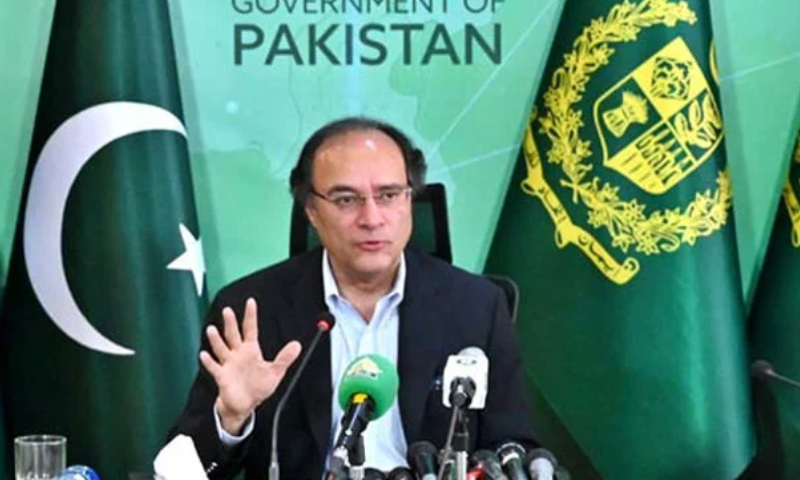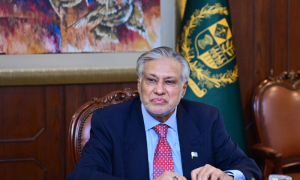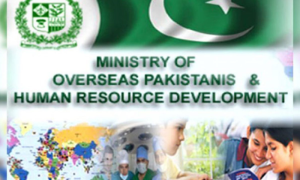ISLAMABAD: Pakistan’s Finance Minister Muhammad Aurangzeb has said that the newly inked bailout agreement with the International Monetary Fund (IMF) will help achieve macroeconomic stability in the country.
He expressed these remarks following the South Asian country reached a three-year, $7 billion aid package agreement with the IMF, giving much-needed respite to the struggling economy.
The Minister said that under the programme “we need to ensure reforms and bring self-sustainability in areas of public finance, energy, and state-owned institutions” which he expressed hope to achieve in the next few years.
IMF and Pakistan
Pakistan and the International Monetary Fund (IMF) have reached a three-year, $7 billion aid package agreement, the Washington based institution announced on Saturday morning, giving much-needed respite to the South Asian nation.
The new package, which needs to be validated by the IMF’s Executive Board, should enable the country to “cement macroeconomic stability and develop conditions for stronger, more inclusive and resilient growth,” a statement said.
Faced with long-lasting mismanagement, Pakistan’s economy has found itself on the brink, challenged by the Covid-19 pandemic and record flooding in 2022.
During the 2024-25 financial year, the government of Pakistan aims to increase about $46 billion in taxes, a 40 per cent increase from 2023.
“The programme aims to capitalize on the hard-won macroeconomic stability obtained over the past year by furthering efforts to strengthen public finances, decrease inflation, rebuild external buffers and remove economic distortions to spur private sector-led growth,” the IMF statement stated, citing Nathan Porter, the IMF’s mission chief to Pakistan.
“In this connection, the officials plan to increase tax revenues through measures of 1.5 per cent of GDP in fiscal year 25 and 3 per cent of GDP over the programme,” it added. It said that the authorities remain committed to undertaking targeted subsidy reforms and replace cross subsidies to households with direct and targeted BISP support.
Continued strong financial assistance from Pakistan’s development and bilateral partners will be critical for the programme to achieve its targets, the statement added.


























